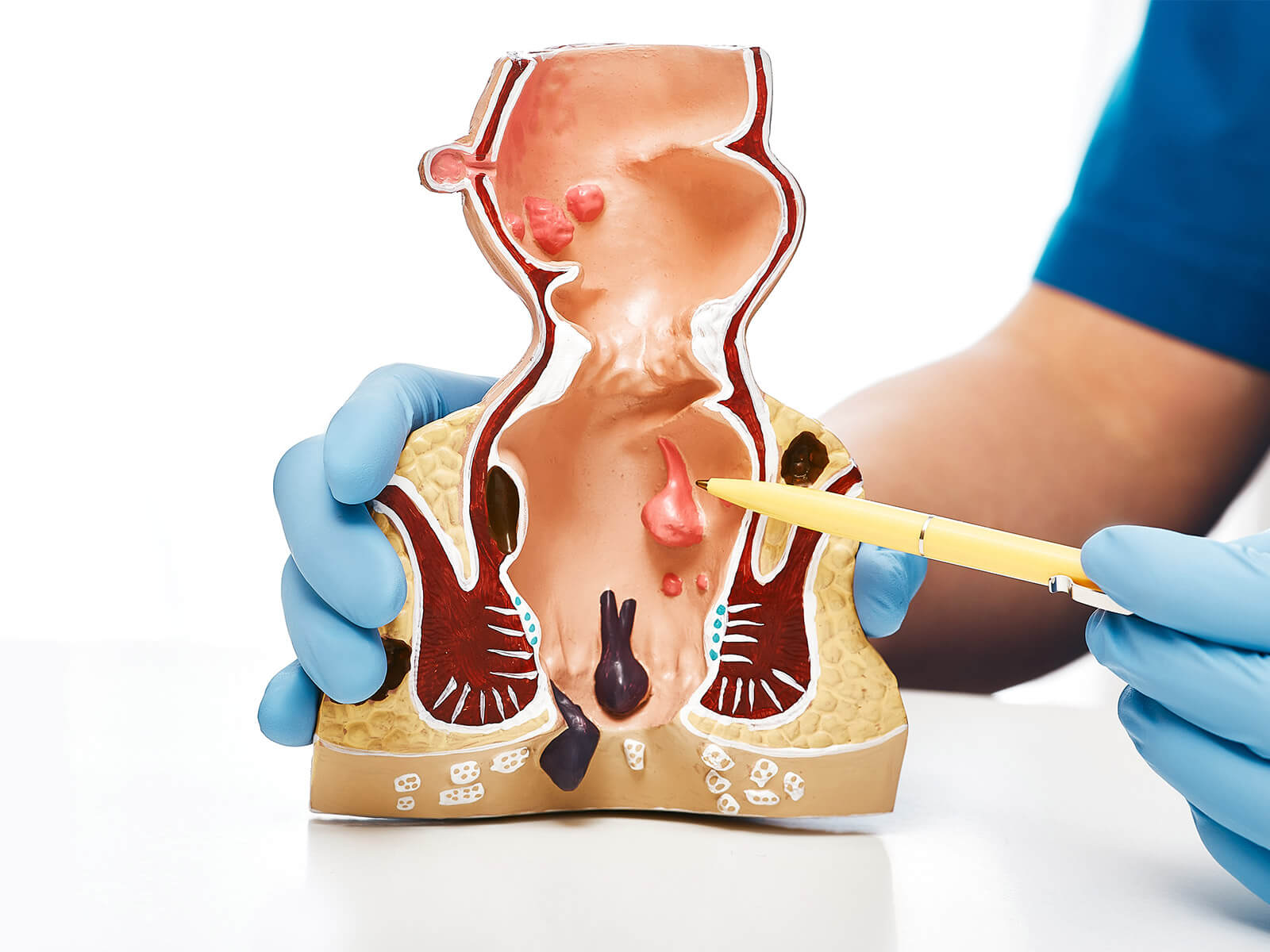
Rectal bleeding is the term used to describe the blood that is discharged through rectum or the anus. Use of brown tar similar to stool You can have bright red blood in the toilet paper or in the toilet, blood in stool, or blood clots. The color and the amount of blood can be used as identification of the source. Meet your physician, because you have observed blood on more than one occasion.
Symptoms may include:
The rectal bleeding can be caused due to many diseases-some of benign nature, some are more serious:
Our gastroenterologists are board-certified gastroenterologists in Cypress to deliver quality patient-centered care in the event of rectal bleeding of any nature. Using advanced diagnostics and personalized treatment regime-all the way to dietary advice and topical treatments to the least invasive surgery and surgery. we will ensure that you get some relief and that you can be assured of your digestive system once more. Wait. Book an appointment and take the first step towards the comfort and freedom of mind.
We've successfully treated more than 9.5K patients, helping individuals improve their digestive health and overall well-being through expert, personalized care.
With over 20 years of experience, GastroDoxs has been a trusted provider of gastroenterology care, focusing on delivering the best outcomes for patients
Red blood is most likely to be bright and of lower digestive tract - the most common reasons can be hemorrhoids or small fissures of the anus. It will be common in the toilet paper or in the bowl immediately after the bowel is passed.
Yes. Hard, dry bowel movements can cause swollen (hemorrhoids) veins or microscopic tears in the inner lining of the anus (anal fissures) which can also be bleeding.
Not always. The majority of them are due to the harmless complication like hemorrhoids or fissures. However, persistent or excessive bleeding can be the indication of potentially more serious accidents such as colorectal cancer or inflammatory bowel disease and, therefore, should be examined.
Visit the doctor frequently when accompanied by other symptoms like fatigue, weight loss, and bowel changes in case of frequent, painful, or not accompanied by other symptoms. Early assessment is involved in the timely diagnosis and treatment.
Your doctor can carry out a standard examination, including anorectal or anoscopy to examine the area. To conduct such a thorough examination, they might order an endoscopic test, such as a colonoscopy, in order to determine the location of the bleeding.